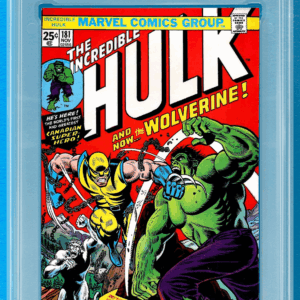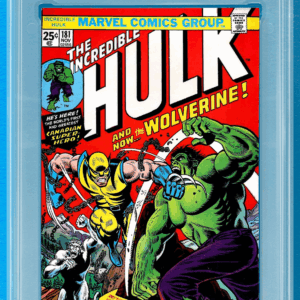Lloyd Howell certainly didn’t expect his tenure as the NFL Players Association’s executive director to kick off with a $7 million financial blow. Unfortunately, that’s the bitter reality following an arbitration ruling over the contentious termination of their exclusive trading card agreement with Panini last year.
The saga unfolded when the NFLPA decided to part ways with Panini after key Panini personnel crossed over to the rival company Fanatics. In defense of their actions, the NFLPA cited a contractual “change in control” clause as grounds for pulling the plug on the deal. However, Panini vehemently argued that this move was a cunning ploy to align with Fanatics, a claim that resonated with the arbitrators who ultimately sided with them.
David Boies, Panini’s attorney, minced no words in expressing their vindication, emphasizing that the NFLPA’s actions not only breached legal obligations but also betrayed fans, collectors, and its own members. The hefty $7 million penalty serves as a stark reminder of the repercussions of shaky allegiance shifts in the cutthroat world of trading card partnerships.
While Fanatics wasn’t directly embroiled in the arbitration proceedings, Panini has taken legal action against them with an antitrust and tortious interference lawsuit. As the back-and-forth legal battles unfold, the NFLPA’s conspicuous silence raises eyebrows, leaving stakeholders and enthusiasts pondering the association’s decision-making integrity and priorities.
The fallout from this arbitration ruling goes beyond mere financial losses. It casts a shadow over the NFLPA’s credibility, prompting scrutiny of its commitments to players, fans, and the broader trading card community. The ripple effects of this high-stakes clash resonate far and wide, underscoring the delicate balance between business interests and ethical responsibilities in the sports memorabilia realm.





